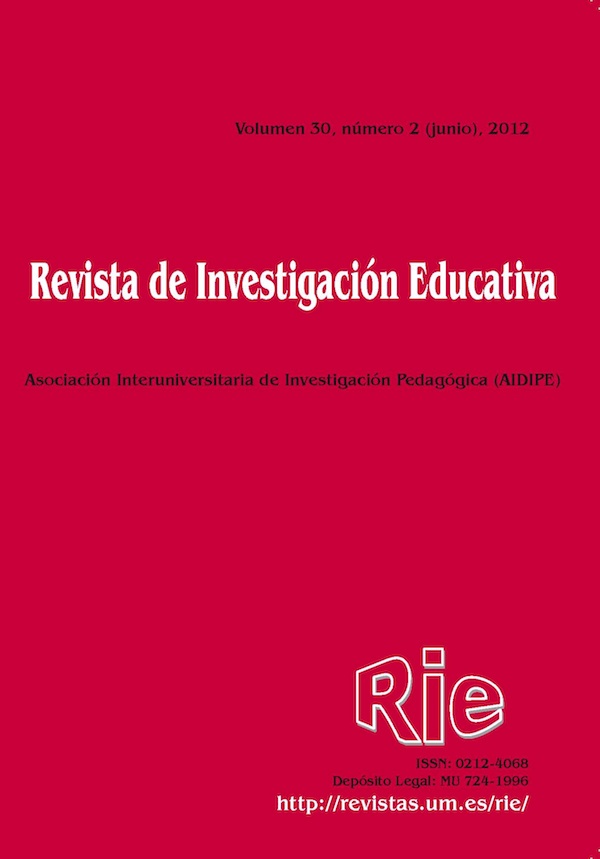Taller de prensa económica como instrumento de innovación educativa
Supporting Agencies
- Vicerrectorado de Innovación de la Universidad de Huelva
Abstract
This paper describes a project of Educational Innovation that presents a workshop on economic press as part of the subjects of Economics taught in the degree in Business (DCE) and the degree in Labour Studies (CCTT) at the University of Huelva, Spain. The main objective of this workshop is to promote both self-regulated, collaborative learning, and motivation in the classroom. The methodology used in this workshop consists of guided study of economic news to help consolidate knowledge taught in the theory classes and to foster the application of theory to concrete problems, as well as to encourage reasoning and analysis of different articles in focus groups. The workshop was assessed by means of a questionnaire that allows identification of the impact of theoretical concepts on understanding and on student assessment and satisfaction. The results reveal that the workshop stimulates understanding of the theoretical concepts presented in economic theory.
Downloads
-
Abstract747
-
PDF (Español (España))1791
-
Guías de discusión y Cues...75
The articles and scientific documents published in RIE abide the following conditions:
1. The Servicio de Publicaciones de la Universidad de Murcia (the publisher) has the property rights (copyright) of all the documents published and allows the reuse under the user’s license indicated in point 2.
2. All documents are published in the digital edition of RIE under a Creative Commons Reconocimiento-NoComercial-SinObraDerivada 4.0 Internacional. (legal document) license. These documents can be copied, used, distributed, communicated and explained publicly if: i) the author(s) and its original source of publishing (magazine, publisher and URL of the document) are cited; ii) it is not used for commercial purpose; iii) the existence and the specifications about this license are mentioned.
3. Auto-archive’s conditions. The authors are allowed and encouraged to digitally distribute the pre-print versions (a version before evaluation) and/or post-print (a version that it is already evaluated and accepted to its publication). This promotes circulation and distribution earlier and can increase the citations and significance within the academic community.










